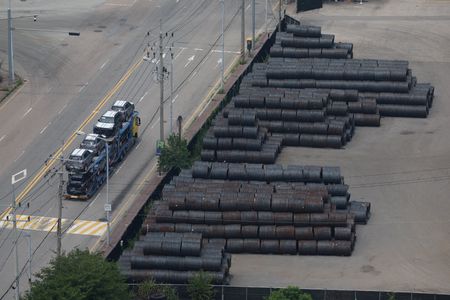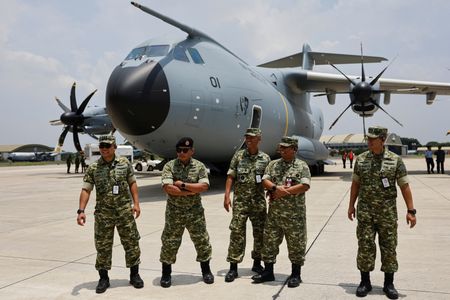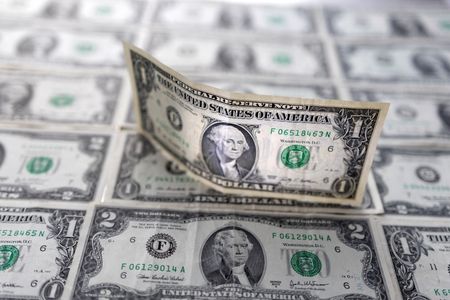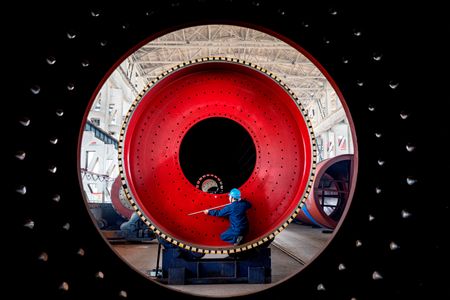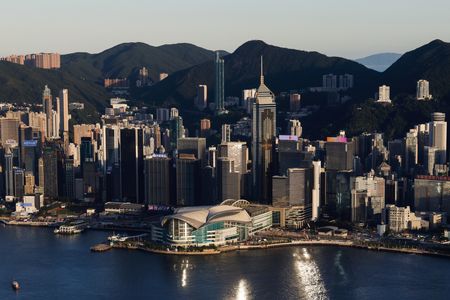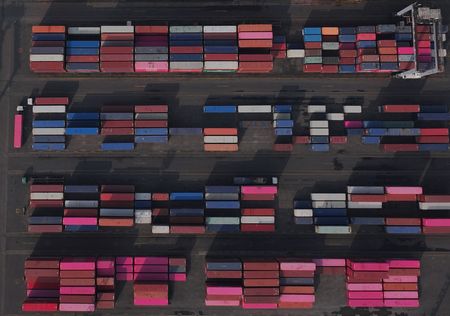SEOUL (Reuters) -South Korea’s factory activity contracted in October after briefly expanding a month earlier as businesses remained cautious amid a global outlook clouded by Washington’s tariff policies.
The Purchasing Managers Index (PMI) for manufacturers in Asia’s fourth-largest economy, released by S&P Global, fell to 49.4 in October, from 50.7 in September.
The 50-mark separates expansion from contraction on a monthly basis. Conditions in South Korea’s manufacturing sector have now deteriorated for eight of the past nine months.
Businesses reported contractions in both output and new orders and cited a domestic downturn as well as the impact of U.S. tariffs weighing on overall demand.
“The positive signals for the South Korean manufacturing economy observed at the end of the third quarter largely evaporated in October, according to the latest PMI data,” said Usamah Bhatti, an economist at S&P Global Market Intelligence.
“Manufacturers noted that tariffs further impacted the sector, as new export orders fell into decline again, particularly emphasizing the decrease in U.S. export demand.”
U.S. President Donald Trump and South Korean President Lee Jae Myung on Wednesday finalized a trade deal to cap U.S. tariffs on Korean cars and auto parts at 15%.
An index on new orders fell to 47.6 from 50.2 in September, while output also was down at 49.5 from 51.5.
South Korean factories also reported a sharp increase in input costs at the start of the fourth quarter but were able to pass on some of the burden to customers.
(Reporting by Cynthia Kim; Editing by Kim Coghill)

